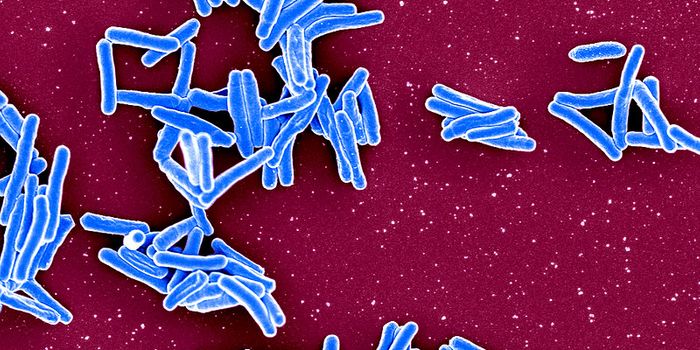Scientists Identify Compound that Could Broadly Fight Coronavirus Infections
Researchers at the University of British Columbia have identified a compound that shows promise in targeting a wide range of infections. The researchers believe that this compound could target an array of coronaviruses, including all variants of SARS-CoV-2 and the common cold.
The Covid-19 pandemic has illustrated that coronaviruses impose a major pandemic risk. Since it took a significant amount of time to identify antiviral treatments for Covid-19, some scientists are beginning to focus on identifying antiviral compounds that can target a wider range of coronaviruses.
Dr. Yossef Av-Gay, senior study author and infectious disease professor at the University of British Columbia, adds that “beyond COVID-19, there are many different types of coronaviruses that can cause serious and sometimes fatal disease, and even more are likely to emerge in the future.”
The compound identified by the University of British Columbia researchers is called GSK3β. It is an active compound with low toxicity to host cells. Rather than targeting the virus itself, it works by targeting the cellular process that coronaviruses use to replicate in human cells.
Specifically, viruses rely on a protein-synthesis pathway to create copies of themselves. Coronaviruses use a human enzyme called GSK3 beta, which exists in all human cells. GSK3β blocks GSK3 beta, preventing the virus from being able to reproduce.
GSK3 inhibitors, the family of drugs that GSK3β belongs to, have been used in the past to treat diseases including diabetes, Alzheimer’s, and cancer. First study author Dr. Shapira notes that “by targeting this cellular pathway, rather than the virus itself, we see broad activity against multiple pathogens. We’re also acting on a pathway that is so far immune to changes between variants and different coronaviruses.”
The researchers believe that this compound could be used to treat future viruses. Since antiviral compounds require years of testing and regulatory approval, the researchers involved in the study stress the importance of having compounds with broad levels of effectiveness with proven safety and efficacy.
Sources: Molecular Biomedicine








